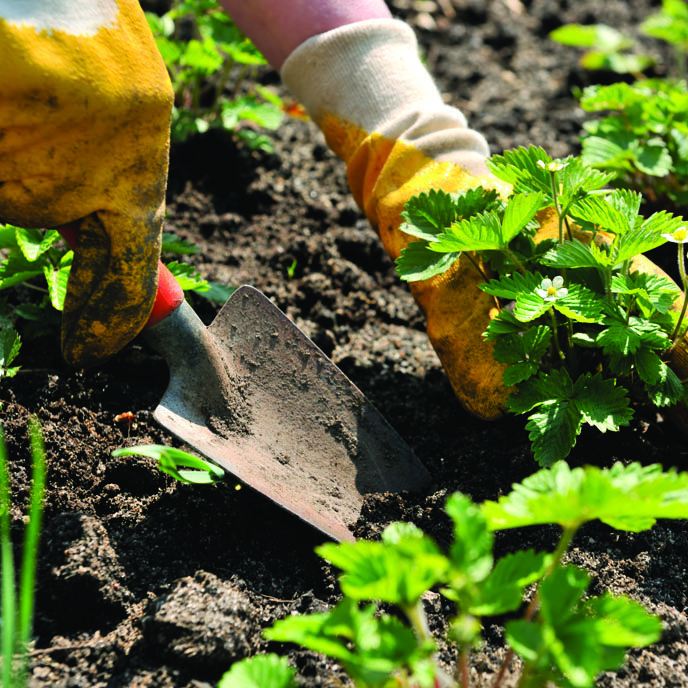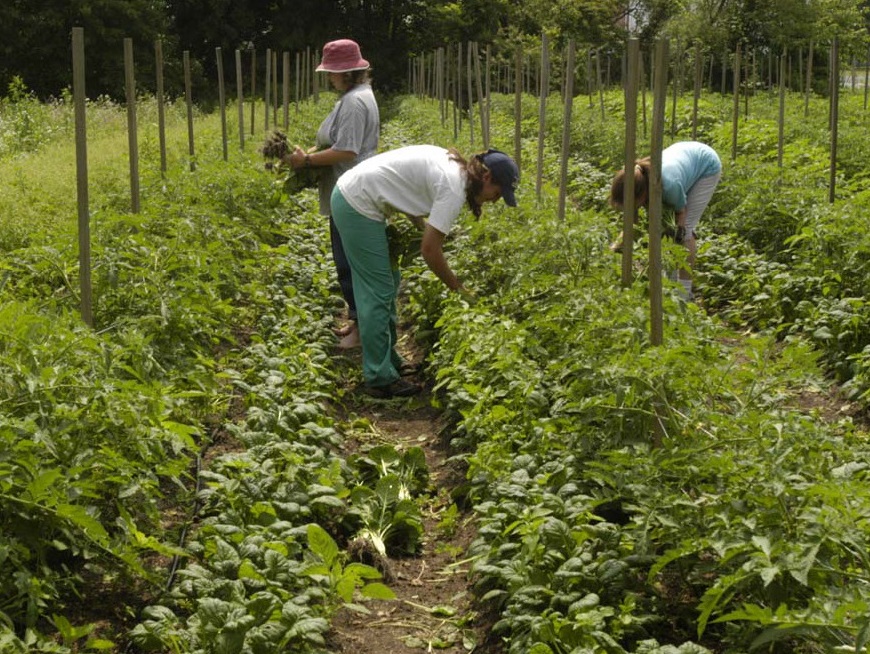Leading Gardening Techniques to Increase Plant Development and Health
Leading Gardening Techniques to Increase Plant Development and Health
Blog Article
Opening the Perks of Horticulture: A Thorough Take A Look At the Different Types and Their Influence On Health
Exploring the diverse benefits of gardening reveals a spectrum of practices that substantially improve specific wellness. From veggie and natural herb yards to container and raised bed arrangements, each type provides unique advantages that expand beyond mere farming. These activities not only foster physical health through energetic engagement however additionally add to mental wellness by alleviating stress and anxiety and encouraging mindfulness. As we analyze these varied horticulture approaches, it ends up being apparent that their impact can reverberate on individual, social, and ecological degrees, triggering a more detailed consider just how these connections create a cohesive story of alternative health.
Kinds Of Horticulture

Blossom horticulture, an additional popular classification, stresses the visual appeal of grown blossoms. This kind can boost landscapes and promote biodiversity by drawing in valuable pollinators. Similarly, herb horticulture involves growing fragrant and cooking plants, adding both to cooking and natural solutions.
Container gardening offers adaptability, enabling individuals with minimal space to engage in gardening by using pots and planters. This approach is particularly prominent in metropolitan settings. Increased bed gardening, on the other hand, involves producing raised stories that boost soil water drainage and accessibility, making it simpler for garden enthusiasts to handle their plants.
Finally, neighborhood horticulture promotes partnership amongst individuals in shared spaces, promoting social interaction and collective obligation. Each sort of gardening serves unique objectives and provides to different preferences, making gardening a versatile task that can be tailored to specific requirements and settings.
Mental Health Advantages
Taking part in numerous sorts of horticulture not only produces tangible benefits such as fresh produce and stunning blossoms however likewise provides significant psychological wellness benefits. Research suggests that horticulture can be an effective device for minimizing stress, stress and anxiety, and depression. The act of tending to plants and cultivating a yard cultivates a sense of function and success, which can enhance general psychological health.
In addition, horticulture motivates mindfulness, as it requires individuals to concentrate on today moment, whether it be growing seeds or supporting growth. This mindfulness method can cause minimized rumination and enhanced state of mind security. The exposure to natural surroundings during gardening has actually likewise been linked to enhanced cognitive working and decreased feelings of tiredness.
Social communication plays a vital duty in psychological health and wellness, and community gardening initiatives provide opportunities for people to connect with others, fostering a sense of belonging. The shared experience of horticulture can grow relationships and support networks, further bolstering emotional resilience.
Physical Health Perks
Lots of individuals might not understand that gardening also offers significant physical health benefits. Involving in horticulture tasks calls for a variety of physical activities, consisting of flexing, training, excavating, and growing, which collectively add to improved stamina, adaptability, and endurance. These actions can enhance cardio health and wellness by promoting a raised heart rate, thereby minimizing the risk of heart problem.
In addition, horticulture can serve as a moderate-intensity workout, assisting websites people achieve advised physical task levels. Research studies suggest that routine engagement in gardening can burn substantial calories-- approximately 200-400 calories per hour, relying on the strength of the jobs carried out. Such calorie expense is valuable for weight administration and overall metabolic health and wellness.
Additionally, exposure to sunshine throughout gardening can assist in the synthesis of vitamin D, which plays a vital duty in preserving bone wellness and sustaining immune function. The act of gardening usually involves working with dirt, which has actually been linked to potential psychological and physical health and wellness benefits due to the visibility of useful microorganisms.
Social Connections Through Gardening
The common elements of gardening foster purposeful social connections among individuals. Area gardens, particularly, act as vibrant hubs where people from diverse backgrounds integrated, cultivating not just plants yet also relationships. These common spaces motivate cooperation, permitting individuals to trade expertise, abilities, and resources, thereby enhancing their horticulture experience and cultivating a sense of belonging.
Involvement in horticulture tasks usually results in the development of friendships and assistance networks. Individuals often unite for common objectives, such as growing seasons, harvest celebrations, or academic workshops, which this page enhance interpersonal connections and develop a sense of community. Such interactions can alleviate sensations of seclusion and enhance mental well-being, as people locate friendship and sociability in shared endeavors.

Environmental Influence of Gardening
Horticulture dramatically contributes to environmental sustainability in numerous means. Home gardens offer important habitats for various species, including pollinators such as bees and butterflies, which are important for community health.
Additionally, yards play a crucial role in water conservation. Tactical landscapes, including native plants and xeriscaping, reduce water usage and protect against drainage, consequently securing neighborhood rivers from air pollution.
Final Thought

In final thought, horticulture works as a multifaceted activity that boosts health throughout numerous domain names. The varied kinds of gardening-- consisting of vegetable, blossom, herb, container, and elevated bed-- add to psychological and physical health, foster social links, and advertise environmental sustainability. By participating in horticulture practices, individuals can experience enhanced high quality of life while likewise sustaining community bonds and eco-friendly health. Ultimately, the all natural benefits of horticulture emphasize its value as a vital aspect in enhancing dig this total health.
Report this page